In the tech world, we LOVE abbreviations and acronyms, usually because we use long-technical words that even techies don’t waste their time saying. Stepping into the tech world can be confusing and overwhelming if you have no idea what any of this stuff means! For instance, would you know where to find your IP address? Or what the heck it is once you found it?
Here’s a quick list to give you a basic understanding of some common internet terminology.
Tools of the Trade
HTML
Hyper Text Markup Language is the base programming language for web pages. It includes a limited set of “tags” that browsers will automatically add some styles to and assign a certain meaning to that group of text. For ex: <h1> is a heading, <p> is a paragraph.
CSS
Cascading Style Sheets are documents where we assign positioning, color, font, and responsive styles to HTML elements. Without CSS, all of the web pages on the internet would pretty much look the same.
Javascript / jQuery
Javascript is included with almost every web browser and is a programming language that helps create some interactivity in a web page. A good example is an “accordion”: commonly on FAQ pages, most of the content is hidden, until you click on a question/title and the answer slides down.
jQuery is a common Javascript library that makes it easier and faster to implement some Javascript.
PHP
This is a programming language the we use to create dynamic and “updateable” sites. HTML is static content and PHP is actually run on the server to generate the HTML before it gets sent to your browser. PHP actually stands for “PHP: Hypertext Preprocessor.” (Yes, it really does include the acronym in the acronym).
API
Application Programming Interface’s are sets of documents and rules that developers can use to talk to and integrate with other services. Facebook and Twitter both have API’s that we can use to push and pull information to the accounts on these sites. Often, they will include an API-Key that ensures you are working with the correct account.
CMS
Content Management System’s are sets of files and databases that help us manage the content of a website, eliminating the requirement for understanding of HTML and CSS. Common CMS’s include WordPress, Drupal, and even custom solutions. At JUMP, we use WordPress often and develop custom WordPress solutions that allow our clients to manage making updates to their site themselves.
Internet & Networking
Server
A server is a computer that has been optimized to host web pages and serves them up to the internet via a unique IP address. Servers can host multiple websites and use the domain name to decide which site to display.
Domain Name
Domain Names are like a nickname for a server that we request files from. They are much easier than remembering the IP address and allows us to get more creative and specific with website names.
URL
Uniform Resource Locator is what we type in to access a certain web page. And looks like this http://subdomain.domain.com/specific/page/on/domain
IP Address
Every computer hooked up the internet has an Internet Protocol address. This is a unique identifier that consists of numbers, like 127.0.0.1. The IP address is the actual name of the server/computer or the current network you are browsing from.
DNS
Domain Name Servers are the middle-men between the URL and the IP Address. They work kind of like a phone-book that tells browsers what IP address to look for when they see a certain URL.
ISP
ISP stands for Internet Service Provider. These are the companies, like Time Warner and AT&T that provide you with access to the internet.
Web Hosting
Once you have a website, you need to find a computer (server) that will consistently be online to serve up these files. many web development agencies implement custom hosting solutions.
Browsing the Web
404 Error
The webpage/URL that was attempted was not found.
500 Error
Something on the server is not running as expected and could not produce a webpage.
Cache
Browsers save web page assets, like images and CSS files, on your computer and “cache” them for the next time you access a webpage. This helps webpages load faster on your computer.
Cookies
A webpage can also request that a browser save information, like login information or other preferences, to improve the visitor experience and encourage them to come back for more!
Sitemap
Sitemaps are exactly as they sound, a list of all pages on a website and how they are connected. Search engines love these because they help index the site for faster reference.
RSS
Really Simple Syndication uses standardized techniques to syndicate data making it easier for other websites and applications to integrate with updates. For ex: Apple has an RSS-Reader widget where you can input your favorite news sites and see quick updates from those sites throughout the day.


